
‘As the harmful impacts of climate change manifest rapidly, there is a growing need for judicial and similar remedies to address states’ responsibilities for greenhouse-gas emissions, failures in mitigation or adaptation, and related human-rights claims.’
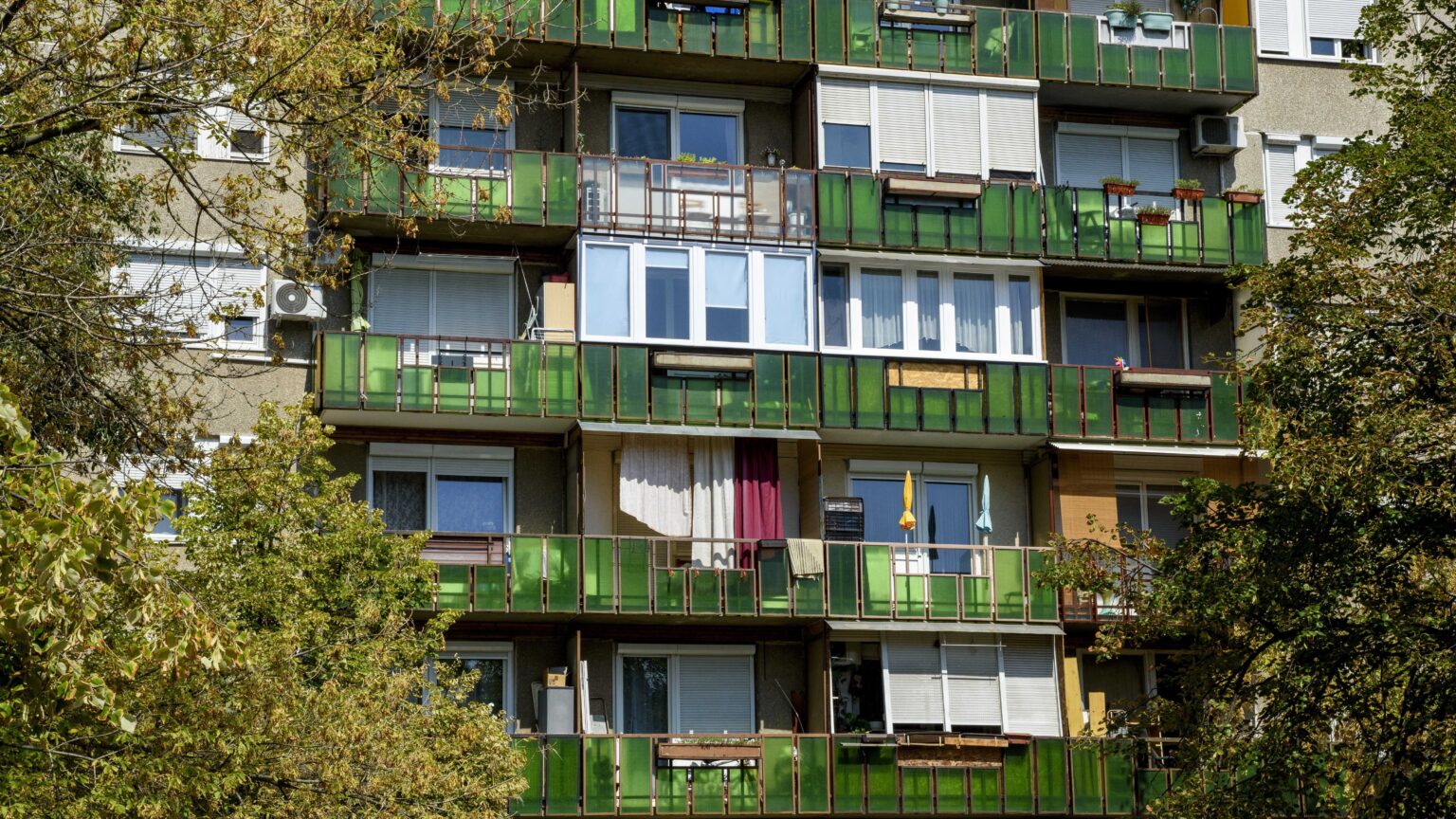
Budapest has launched the first phase of its Green Panel Programme, offering apartment blocks in Kőbánya access to grants for energy-efficient renovations, with the scheme set to expand to other districts to cut emissions and improve living conditions.
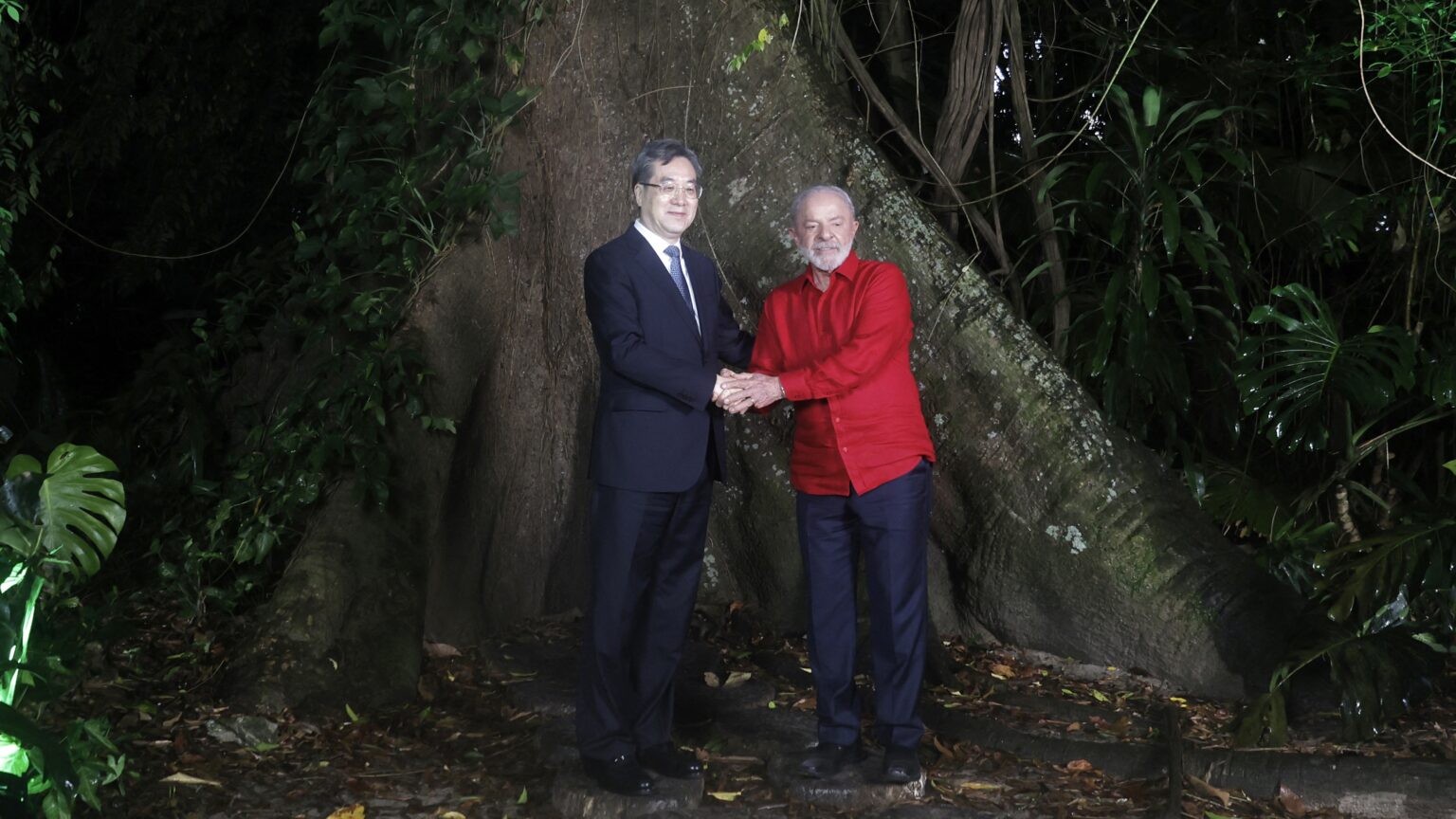
‘COP30 clearly signals the ongoing transformation of global climate governance. The United States’ partial withdrawal has noticeably weakened Western influence, while China has moved to fill part of the resulting vacuum through a stronger technological presence and a more assertive narrative.’
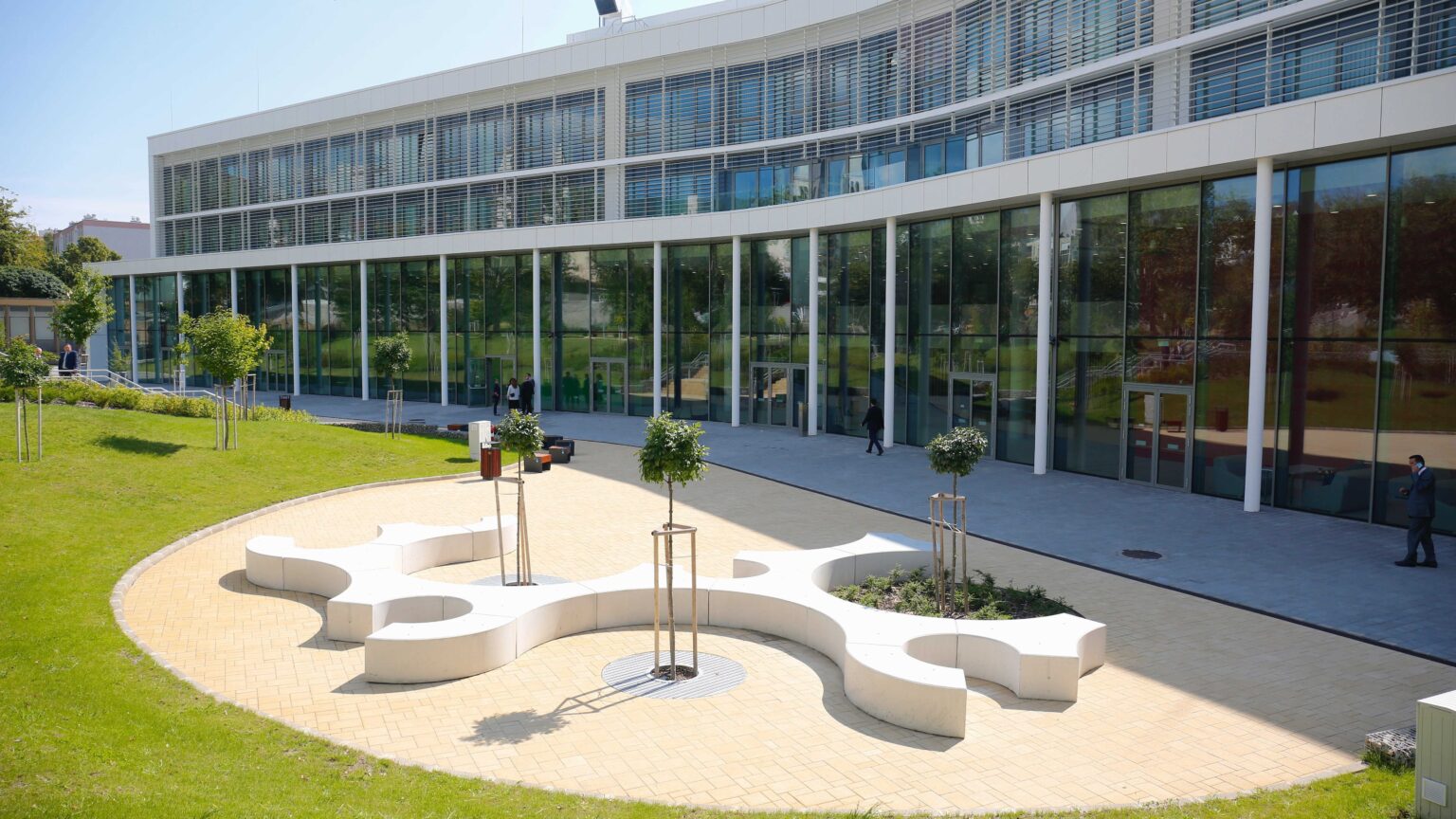
The University of Pécs has again achieved an outstanding result in the UI GreenMetric World University Rankings, placing 29th out of 1,745 institutions worldwide and securing the top position in Hungary, reinforcing its leadership in sustainability.
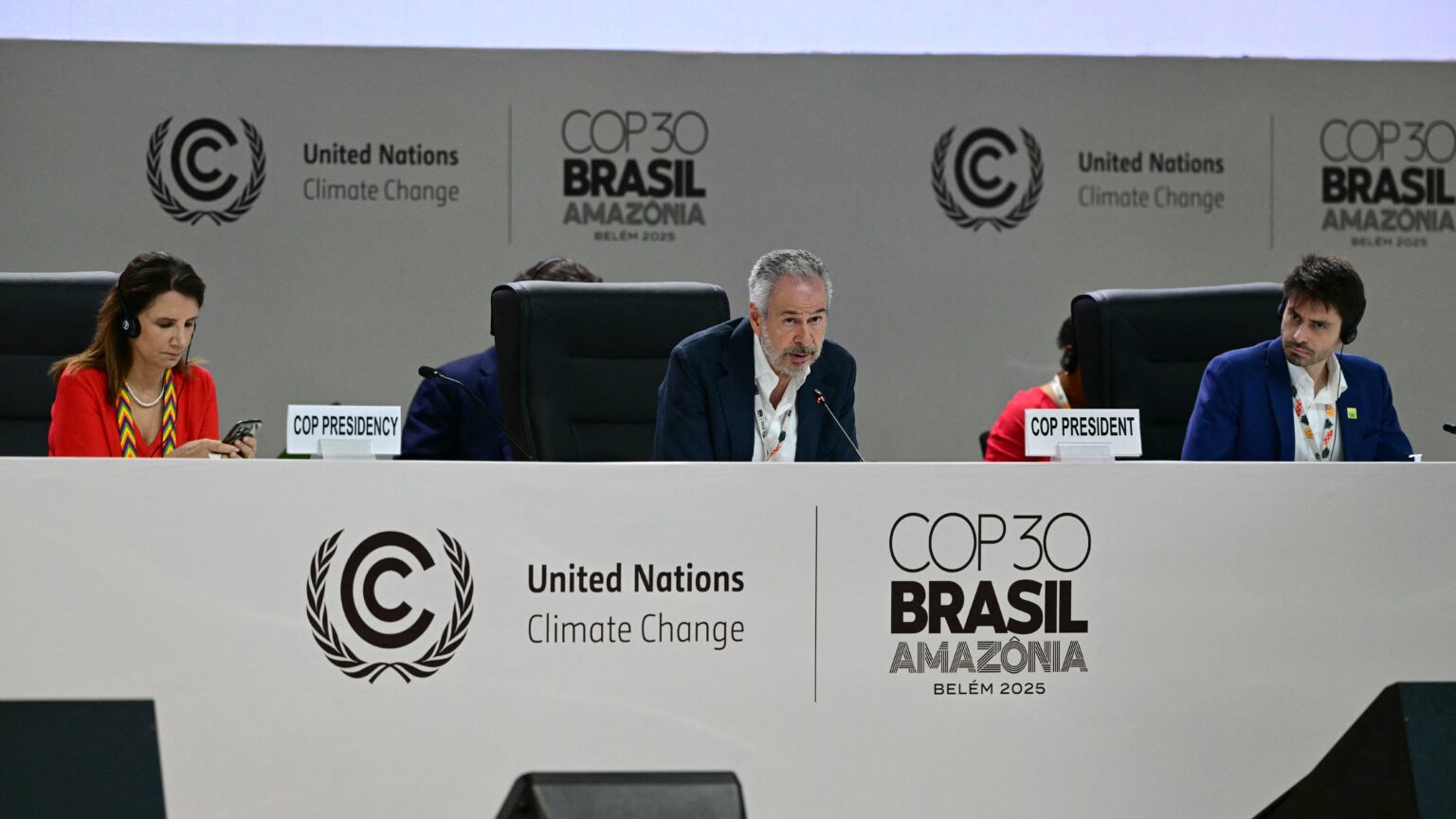
Global leaders met in Belém, Brazil, for COP30, seeking progress on climate action despite geopolitical tensions. Brazil’s proposed ‘Global Mutirão’ aimed to unite countries on fossil-fuel transition and climate finance, but negotiations yielded only partial breakthroughs, revealing deep divides over energy, funding, and trade measures.

Urban green spaces and botanical gardens are becoming increasingly essential as climate change intensifies the pressure on cities. Botanist László Orlóci told former President János Áder’s Blue Planet podcast that urban ecosystems now face both health and environmental challenges.
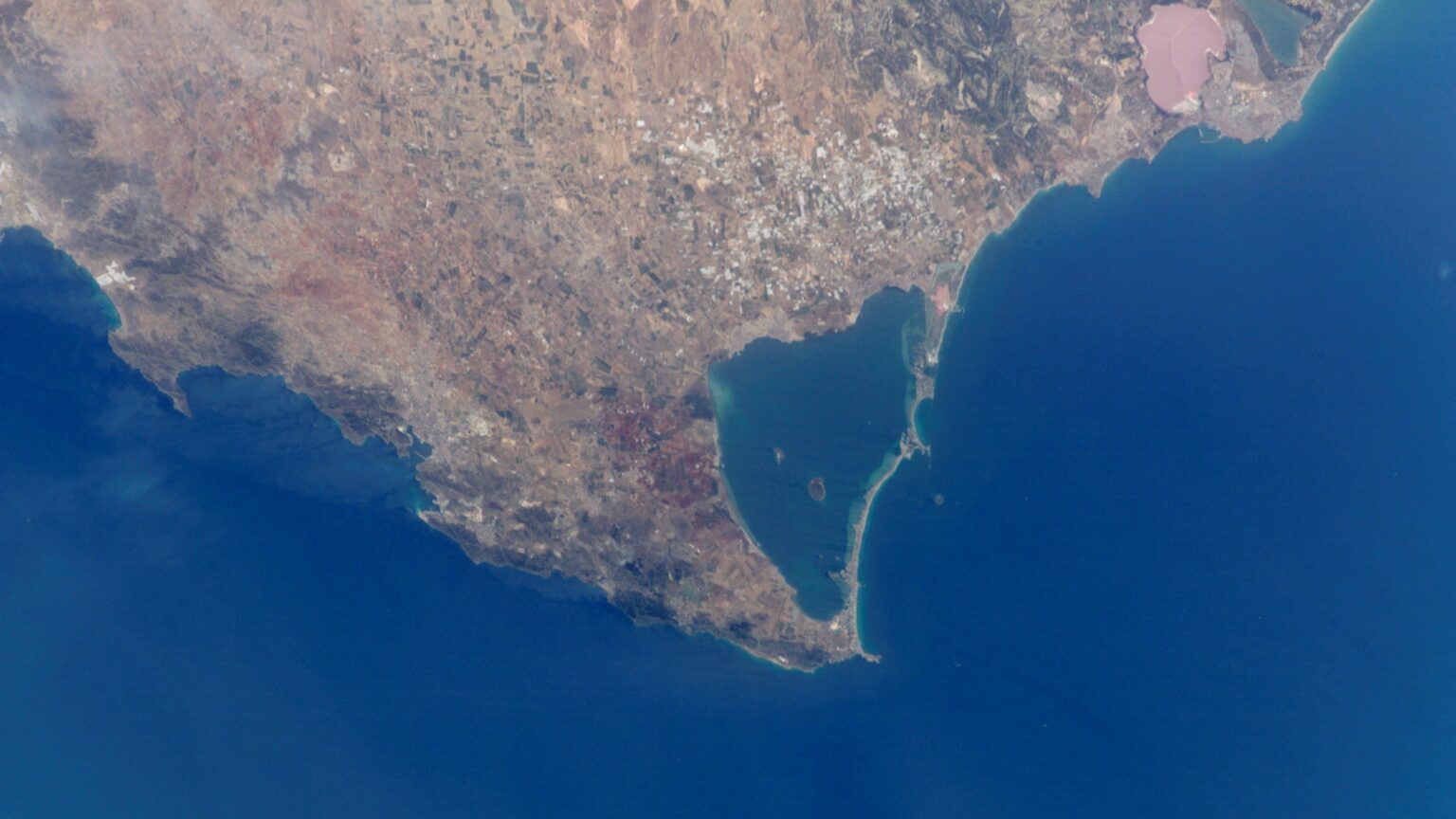
‘The recognition of the rights of nature is not novel—it is rooted in longstanding Indigenous legal traditions, and it has directly challenged anthropocentric legal frameworks inherited from colonial systems. Incorporating such rights into Western legal traditions by applying them to ecosystems like the Mar Menor raises complex and as yet unresolved legal, political, and social questions.’

‘Brazil’s energy transition is marked by uneven progress. Highlights include the implementation of deforestation curbs and the robust growth of renewable energy generation…However, the country ranks 28th in the Climate Change Performance Index, among the medium performers, while the Climate Action Tracker deems its climate targets insufficient.’
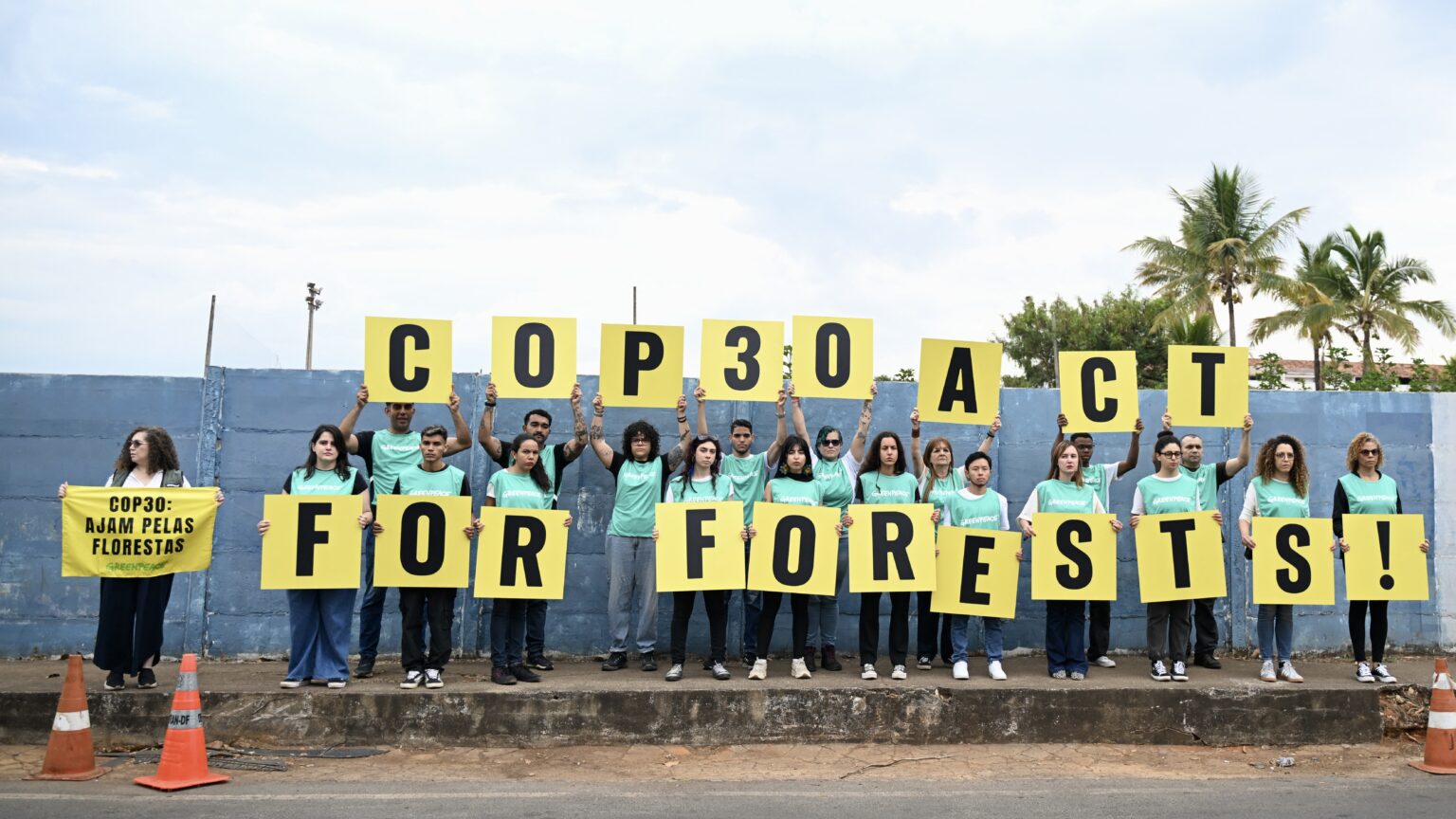
As Brazil prepares to host COP30 in Belém, expectations are high for advancing the Paris Agreement’s goals. Key debates will centre on climate finance, carbon markets, and the role of biodiversity in climate action, with Brazil seeking to highlight tropical forest preservation and sustainable agriculture.
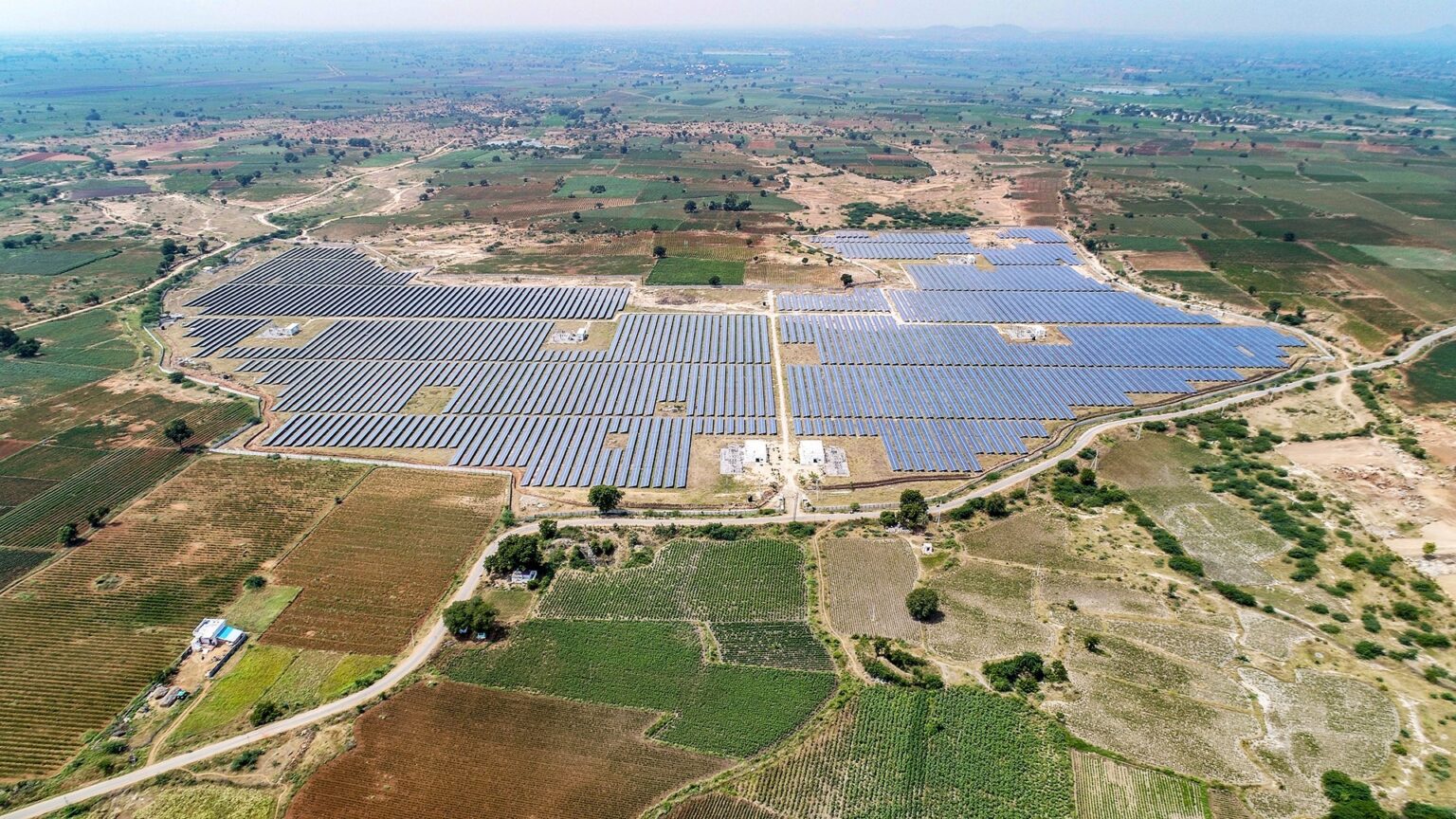
‘India’s green transition is not only an energy story—it is a social and fiscal balancing act. In the coal belt of the eastern and central states, at least 120 districts are systematically tied to fossil-fuel value chains…supporting around 20 million livelihoods, with informal employment in the sector often exceeding 80 per cent of the workforce.’
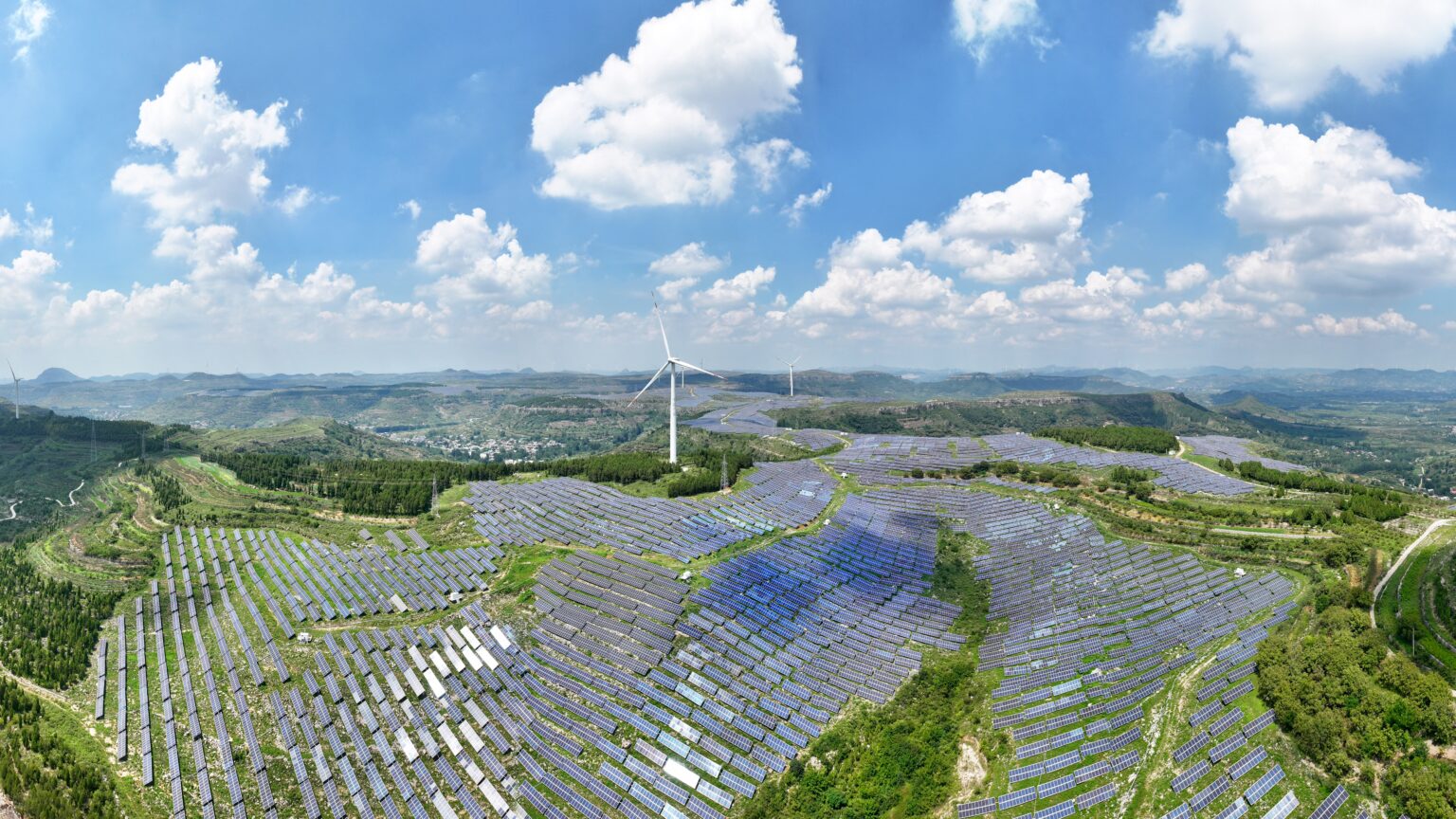
Once criticized for climate inaction, China now plays a pivotal role in the global green transition. Guided by domestic priorities and Xi Jinping’s vision of ecological prosperity, it balances economic growth with environmental goals—leveraging central planning and green tech to reshape its role from Kyoto to Paris and beyond.
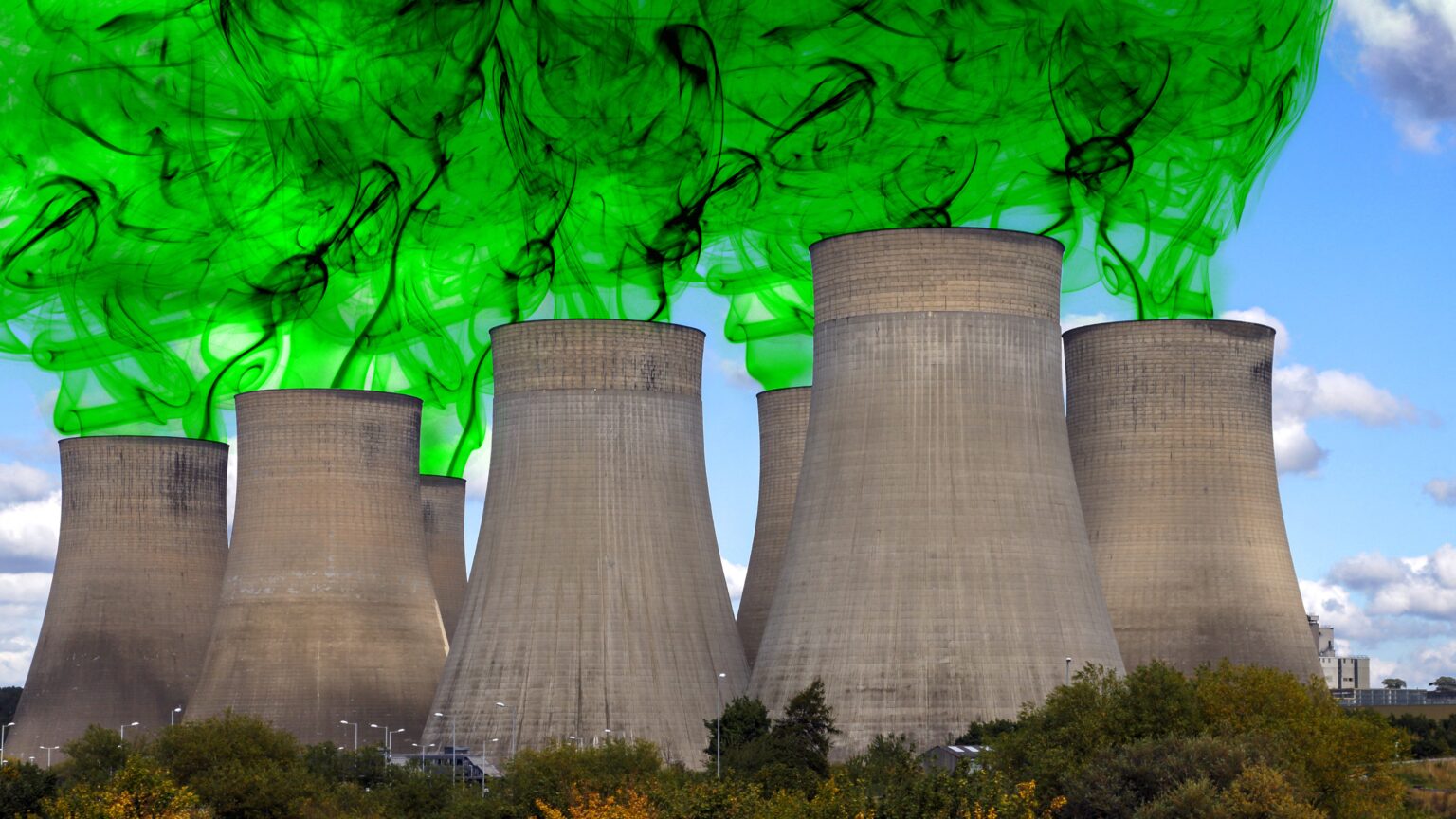
‘Climate-washing litigation continues to raise legitimate questions about its long-term impact on corporate behaviour and climate governance. While courts increasingly strike down misleading climate claims, some warn of a counter-effect: greenhushing, in which firms reduce or obscure climate communications to minimize legal risk.’
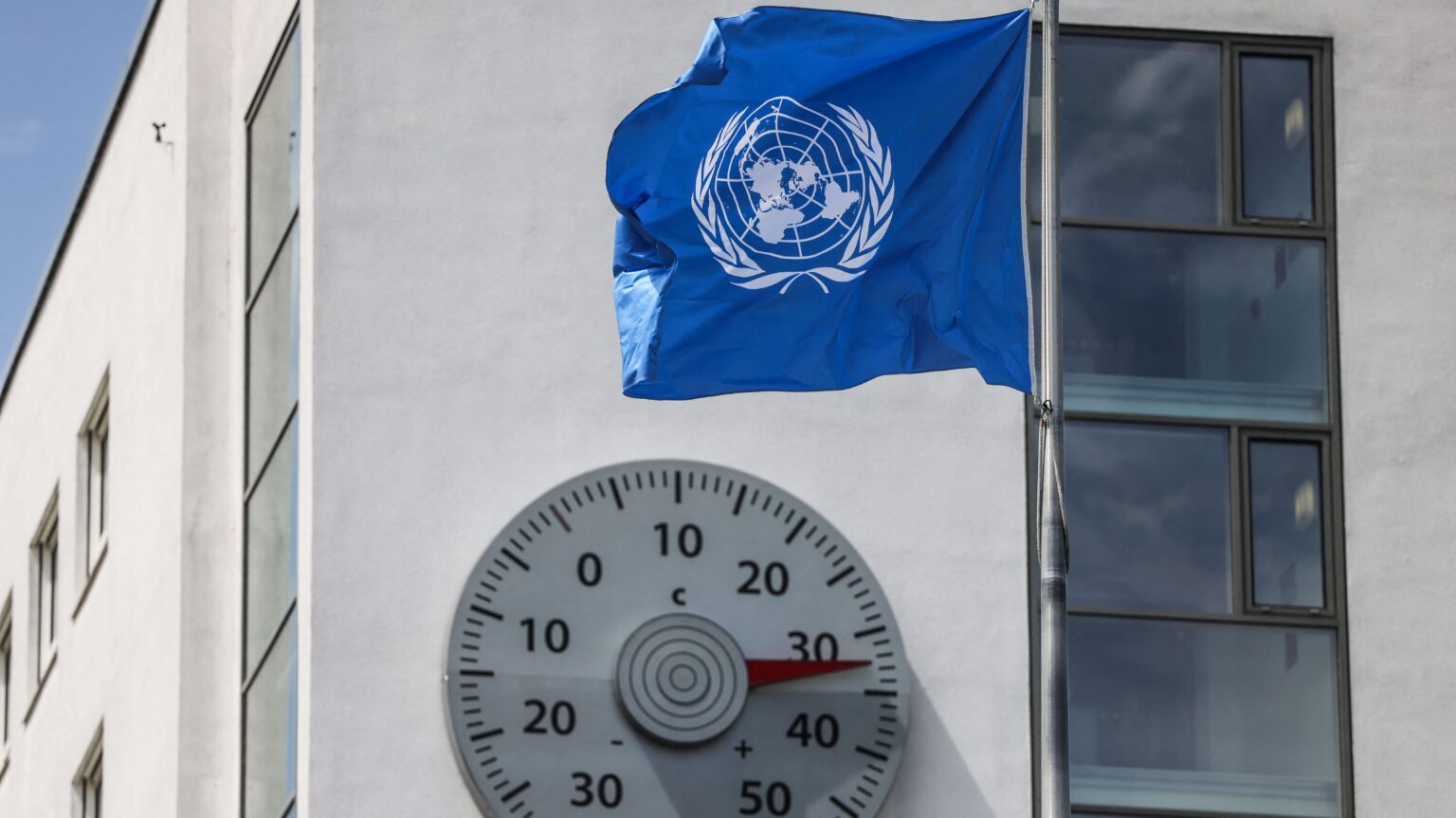
‘Climate change does not affect all groups in society equally…women and other marginalized communities often suffer disproportionately from its impacts. This statement applies particularly to countries of the Global South, where some communities are increasingly exposed to climate impacts, which threaten their livelihoods, health, and safety, and further deepens existing gender inequalities.’
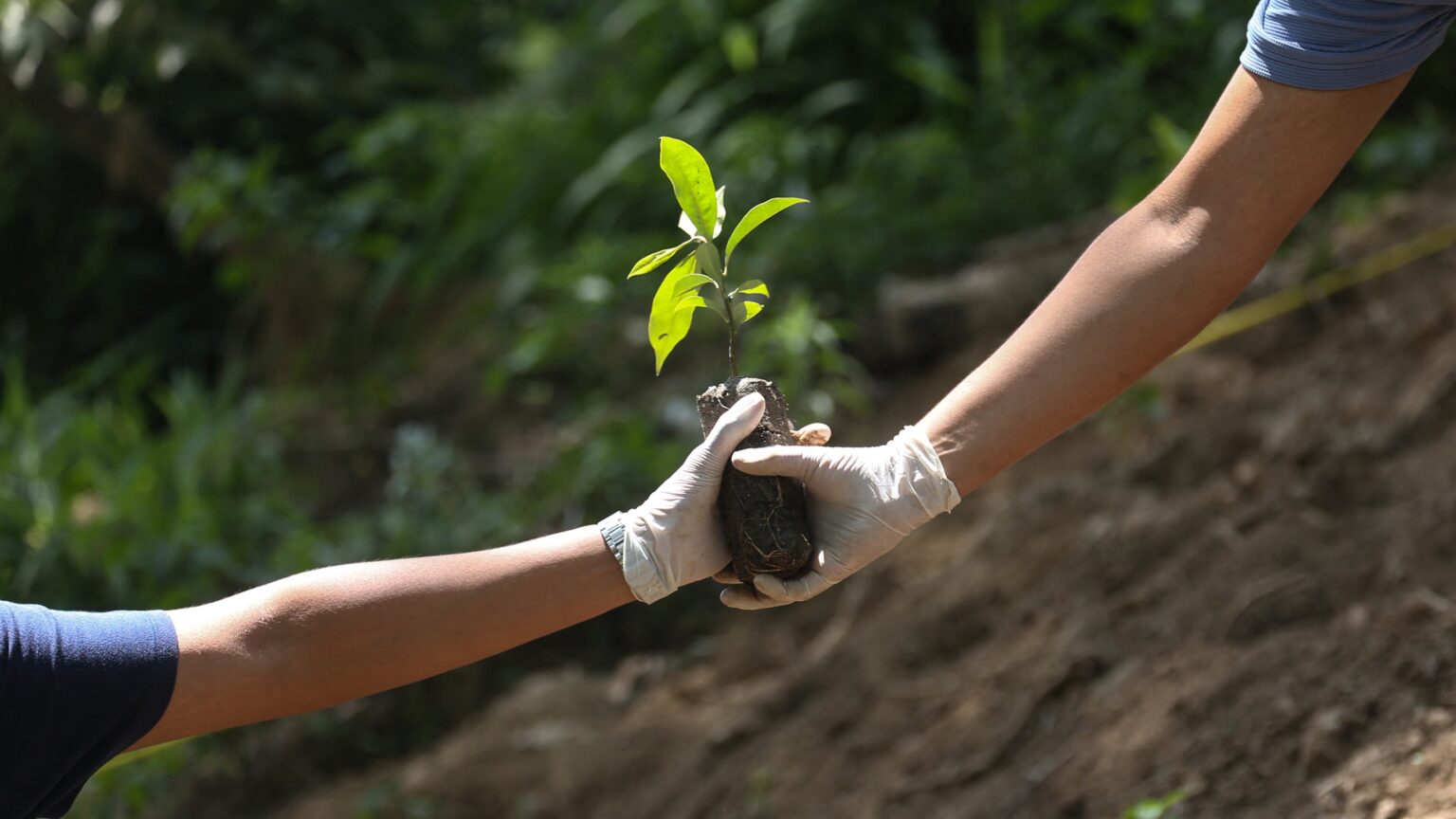
‘Climate anxiety is not merely a side effect of climate change but a manifestation of a broader societal and emotional crisis that requires responses in environmental policy, community, family, and culture alike. Strengthening mental health support, fostering social responsibility, and enhancing community participation can shift us from passive sufferers to active shapers of the future.’

‘The core question is not only what actions we take against climate change, but how we psychologically and socially cope with the weight of a transforming world. Anxiety usually becomes paralysing when it is not accompanied by opportunities for action. Hence, from a mental health perspective, it is crucial not to frame climate change as an inevitable catastrophe…’
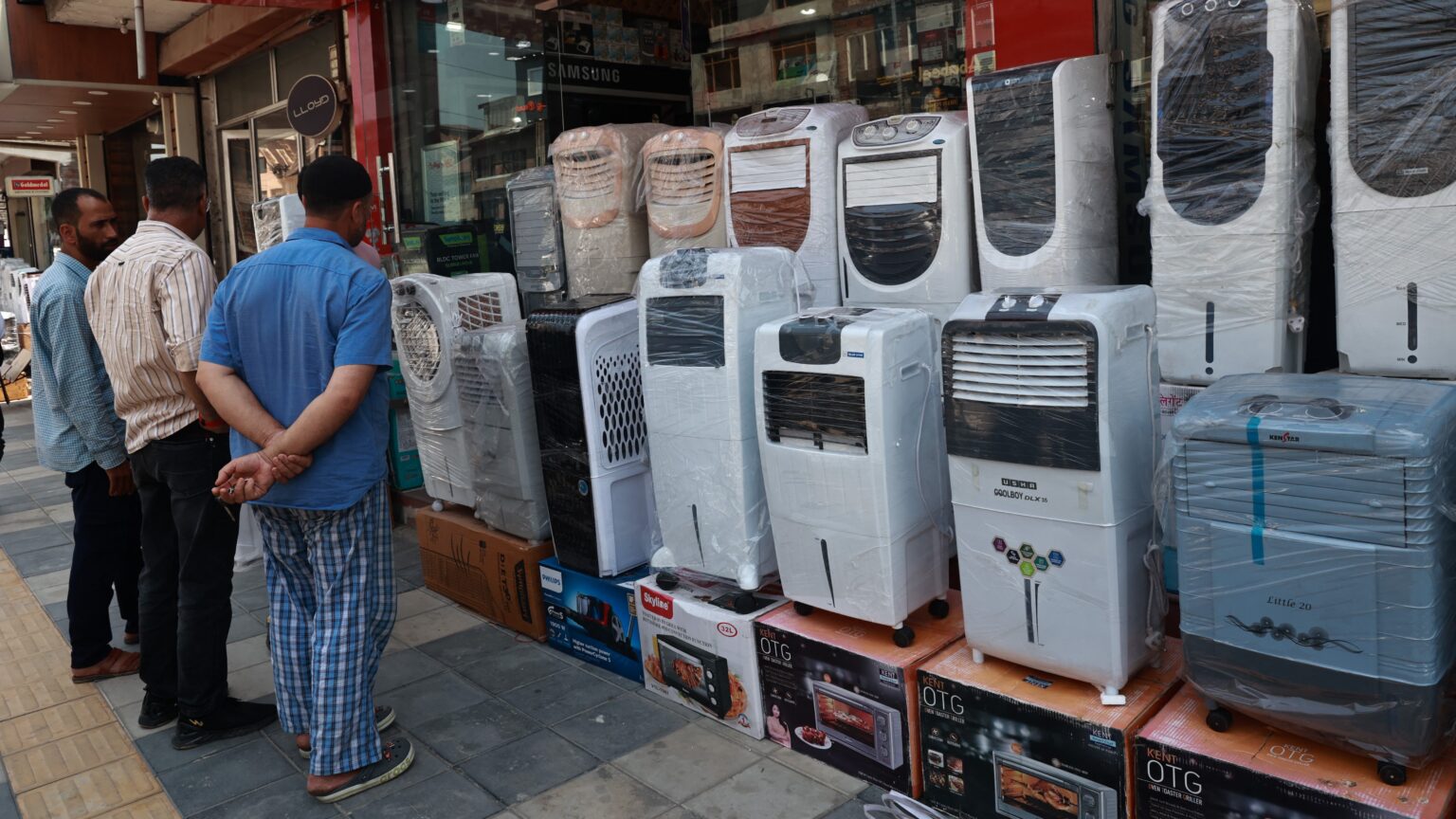
India plans to cap air conditioner settings at a minimum of 20°C to ease pressure on its power grid amid surging demand during intense heatwaves. With AC usage driving peak electricity load, the regulation aims to cut energy consumption, improve efficiency, and curb emissions in one of the world’s fastest-growing cooling markets.